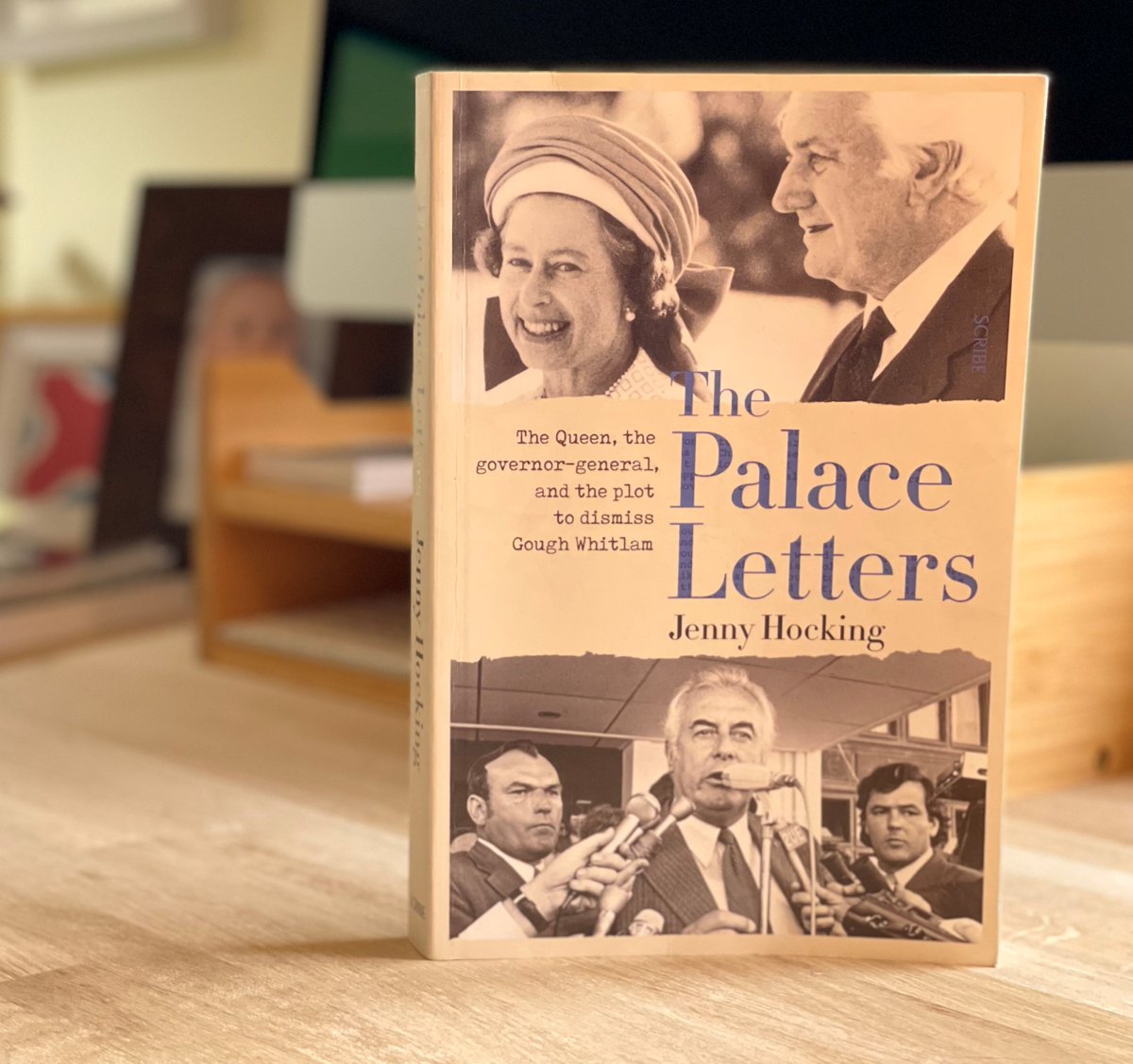
This is Guðni Thorlacius Jóhannesson, an Icelandic historian serving as the sixth and current president of Iceland. He took office in 2016 and was re-elected in 2020 with 92.2% of the vote. 

His field of research is modern Icelandic history, and he has published works on the Cod Wars, the 2008–2011 Icelandic financial crisis and the Icelandic presidency, among other topics.
Guðni is the son of teacher and journalist Margrét Thorlacius and sports instructor Jóhannes Sæmundsson. His brother Patrekur Jóhannesson is a former Icelandic handball national team player.
He earned a bachelor's degree in history and political science from the University of Warwick in England in 1991 and a Master of Arts in history from the University of Iceland in 1997.
He has also studied German and Russian at university level. In 1999, he completed an masters degree in history at St Antony's College at the University of Oxford. In 2003, he received a PhD in history from Queen Mary, University of London.
Guðni decided to stand for president on 5 May 2016. Before his candidacy, he had appeared frequently on live television to provide commentary and historical context in the wake of the Panama Papers scandal.
A scholar of the Icelandic presidency, Guðni delineated on live television the options available to incumbent president Ólafur Ragnar Grímsson and other Icelandic political actors. After his television appearances, there were calls for Guðni to run for the presidency himself.
His platform included support for a citizen initiative referendum provision in the Constitution. Guðni was unaffiliated with any of Iceland's political parties and said he would be a "less political president" than his predecessor due to a lack of partisanship.
Guðni took office as President of Iceland on 1 August 2016. At 48, he was Iceland's youngest president. Roughly one month into his term, Guðni had approval ratings of 68.6%.
Early in his term, Guðni had to oversee negotiations to form a government in Iceland in the wake of the 2016 Icelandic parliamentary election on 29 October.
These negotiations were difficult, as no pre-election coalition had a majority, and all possible majority coalitions had parties with highly divergent policy positions.
In December 2016, Guðni had approval ratings of 97%. Such high approval ratings for Icelandic politicians are without precedent. In April 2019, his approval rating was 93.5%.
Although raised Catholic he left the Catholic Church due to its delayed and muted response to reports of criminal abuses by priests.
He says his credo is the Universal Declaration of Human Rights, "human beings are born free, equal in dignity and rights. Humans are endowed with reason and conscience and should act in the spirit of brotherhood towards each other."
Guðni attracted international attention in February 2017 when he jokingly vowed to ban pineapple as a pizza topping. bbc.co.uk/bbcthree/artic…
Iceland is a parliamentary republic. The president is elected to a four-year term by popular vote, is not term-limited, and has limited powers.
The president signs bills passed by the Parliament into law and can choose not to sign them, thus in effect vetoing them. Bills vetoed by the president still take effect, should the Parliament not withdraw them, but they must be confirmed in a referendum.
However in practice the president exercises very limited power and for most of the time is a ceremonial head of state. Iceland is another example of a nation governing themselves without the patronising need for 'royals' to be above us as head of state and first family.
• • •
Missing some Tweet in this thread? You can try to
force a refresh







